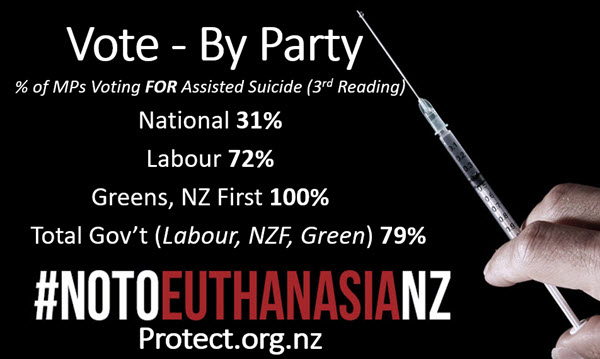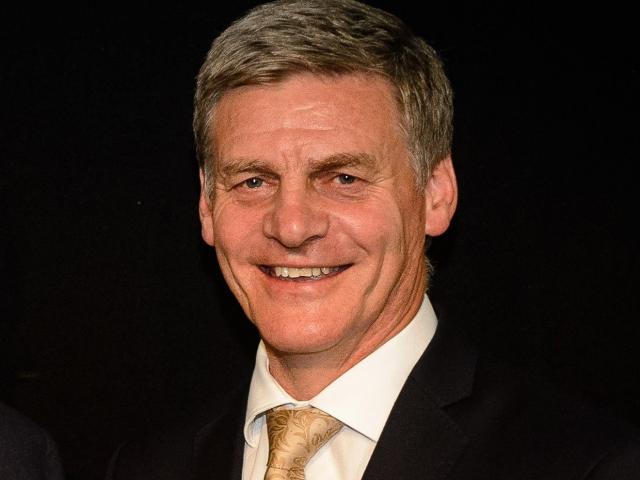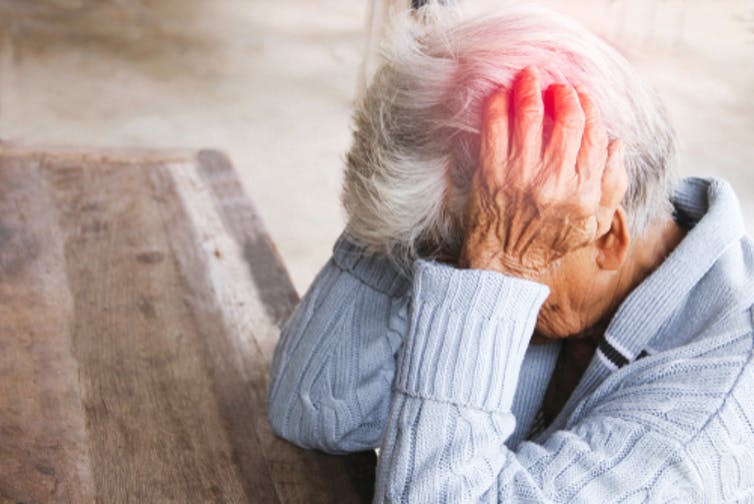
The Guardian 22 April 2020
Family First Comment: “The ruling means doctors cannot be prosecuted even if the patient no longer says they want to die”
#slipperyslope
protect.org.nz
Doctors in the Netherlands are able to carry out euthanasia on patients with severe dementia without fear of prosecution even if the patient no longer expresses an explicit wish to die, the country’s highest court has ruled.
The supreme court’s decision followed a landmark case last year in which a doctor was acquitted of wrongdoing for euthanising a woman in 2016 with severe Alzheimer’s who had requested the procedure before her condition deteriorated.
The case caused controversy in the Netherlands because the unnamed woman had to be restrained by her family as she was euthanised, having been given a sedative in her coffee beforehand.
Prosecutors accused the doctor of going through with the euthanasia without properly consulting her client, saying the 74-year-old woman might have changed her mind about dying.
Lower Dutch courts acquitted the doctor of wrongdoing and prosecutors dropped the charges. The case was referred to the supreme court for a legal clarification “in the interest of the law”.
The Hague-based court ruled: “A physician may carry out a written request beforehand for euthanasia in people with advanced dementia.”
READ MORE: https://www.theguardian.com/world/2020/apr/21/dutch-court-approves-euthanasia-in-cases-of-advanced-dementia
Dutch Supreme Court Expands Euthanasia Laws for Dementia Patients
The New York Times 21 April 2020
The Dutch Supreme Court on Tuesday ruled that doctors could legally carry out euthanasia on people with advanced dementia who had earlier put their wishes in writing even if they could no longer confirm them because of their illness.
The ruling is a landmark in Dutch euthanasia legislation which up to now had required patients to confirm euthanasia requests. This had not been considered possible for mentally incapacitated patients like advanced dementia sufferers.
“A doctor can carry out an (earlier) written request for euthanasia from people with advanced dementia,” the Supreme Court said in a summary of its decision.
Doctors would need to take care that the other criteria of unbearable suffering with no hope of recovery were also fulfilled.
The ruling came after prosecutors brought a criminal case against a nursing home doctor carried out a mercy killing of a 74-year old Alzheimer sufferer, who had a living will confirming she wanted euthanasia. The euthanasia was carried out with the support of the patients’ family.
READ MORE: https://www.nytimes.com/reuters/2020/04/21/world/europe/21reuters-health-euthanasia-netherlands.html

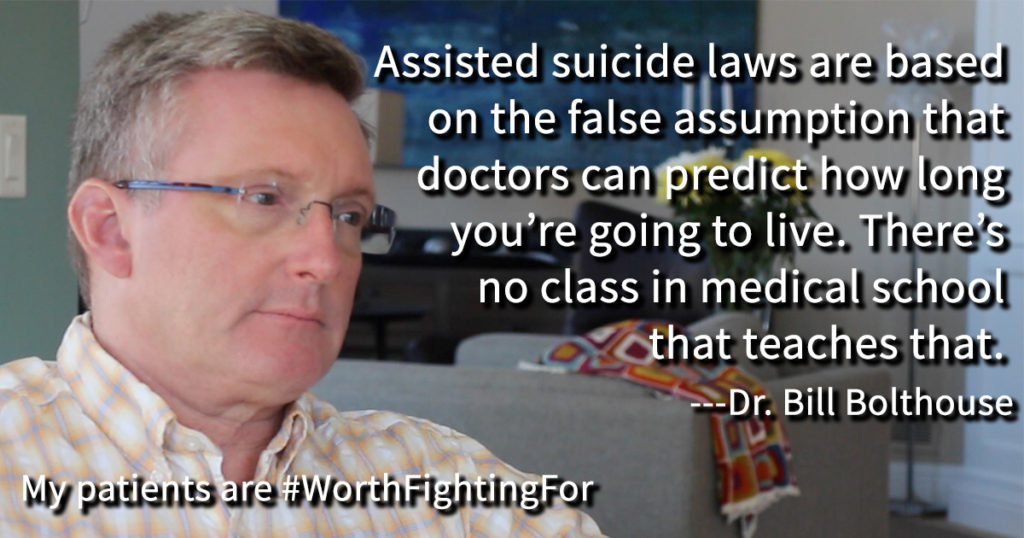


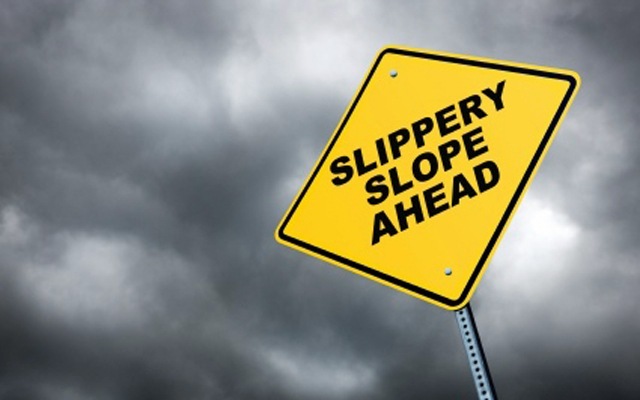
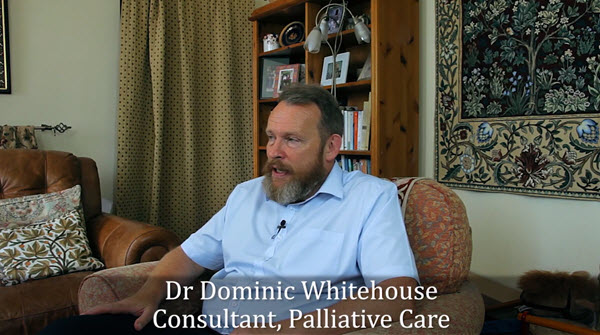

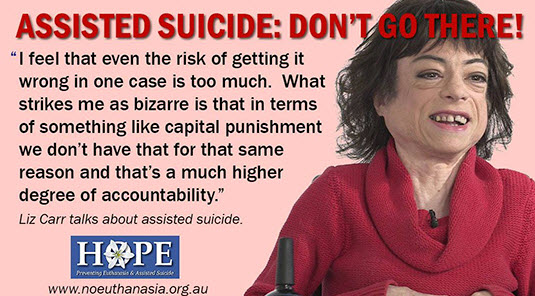
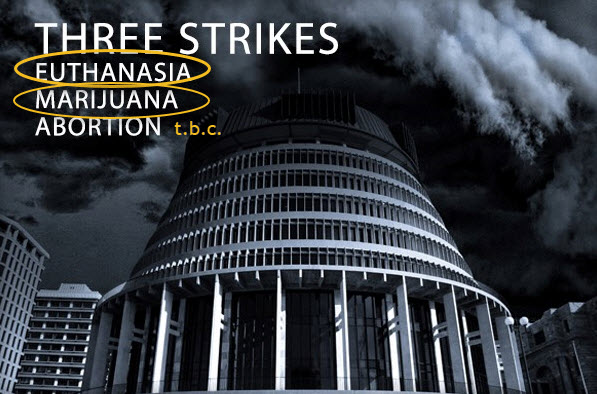
 The 3rd and final reading of the assisted suicide / euthanasia bill happened last night. The only way the liberals were able to get the bill ‘across the line’ was to offer a referendum – a tool that normally they want nothing to do with (remember the anti-smacking 87% referendum?). That’s how weak this bill is.
The 3rd and final reading of the assisted suicide / euthanasia bill happened last night. The only way the liberals were able to get the bill ‘across the line’ was to offer a referendum – a tool that normally they want nothing to do with (remember the anti-smacking 87% referendum?). That’s how weak this bill is. Kanwaljit Singh Bakshi, Maggie Barry, Andrew Bayly, David Bennett, Dan Bidois, Simon Bridges, Simeon Brown, Gerry Brownlee, David Carter, Jacqui Dean, Sarah Dowie, Paulo Garcia, Paul Goldsmith, Nathan Guy, Jo Hayes, Harete Hipango, Denise Lee, Melissa Lee, Agnes Loheni, Tim Macindoe, Todd McClay, Ian McKelvie, Todd Muller, Alfred Ngaro, Simon O’Connor, Parmjeet Parmar, Chris Penk, Maureen Pugh, Shane Reti, Alastair Scott, Nick Smith, Anne Tolley, Louise Upston, Nicky Wagner, Hamish Walker, Michael Woodhouse, Jonathan Young, Lawrence Yule (38)
Kanwaljit Singh Bakshi, Maggie Barry, Andrew Bayly, David Bennett, Dan Bidois, Simon Bridges, Simeon Brown, Gerry Brownlee, David Carter, Jacqui Dean, Sarah Dowie, Paulo Garcia, Paul Goldsmith, Nathan Guy, Jo Hayes, Harete Hipango, Denise Lee, Melissa Lee, Agnes Loheni, Tim Macindoe, Todd McClay, Ian McKelvie, Todd Muller, Alfred Ngaro, Simon O’Connor, Parmjeet Parmar, Chris Penk, Maureen Pugh, Shane Reti, Alastair Scott, Nick Smith, Anne Tolley, Louise Upston, Nicky Wagner, Hamish Walker, Michael Woodhouse, Jonathan Young, Lawrence Yule (38) Amy Adams, Paula Bennett, Chris Bishop, Judith Collins, Matt Doocey, Andrew Falloon, Brett Hudson, Nikki Kaye, Matt King, Barbara Kuriger, Mark Mitchell, Scott Simpson, Stuart Smith, Erica Stanford, Tim van de Molen, Nicola Willis, Jian Yang (17)
Amy Adams, Paula Bennett, Chris Bishop, Judith Collins, Matt Doocey, Andrew Falloon, Brett Hudson, Nikki Kaye, Matt King, Barbara Kuriger, Mark Mitchell, Scott Simpson, Stuart Smith, Erica Stanford, Tim van de Molen, Nicola Willis, Jian Yang (17)